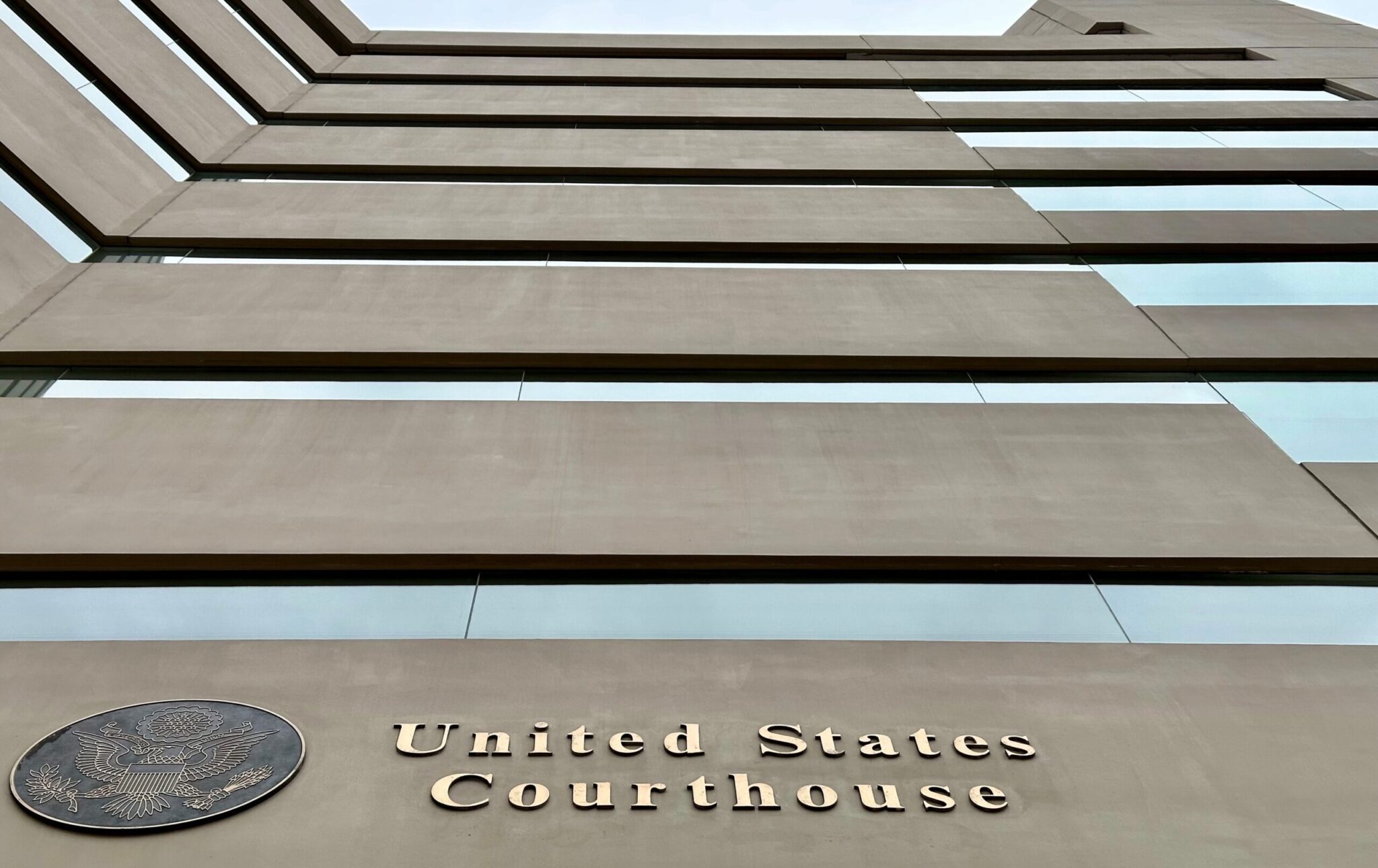Legal Showdown: Court Clears Path for Nursing Home Oversight Lawsuit

In a significant legal victory for nursing home residents, a federal judge has green-lit a class-action lawsuit against the Maryland Health Department. The ruling allows residents to challenge the department's failure to conduct timely inspections, potentially holding the agency accountable for lapses in oversight that could compromise the safety and well-being of vulnerable seniors.
The lawsuit, which represents a collective effort by nursing home residents, highlights critical concerns about the state's monitoring of long-term care facilities. By permitting the case to proceed as a class-action suit, the judge has acknowledged the broader implications of inadequate nursing home inspections and the potential risks they pose to residents.
This legal action underscores the importance of rigorous regulatory oversight in protecting the rights and safety of elderly individuals residing in nursing homes. The ruling not only provides a path to justice for the plaintiffs but also sends a powerful message about the need for consistent and thorough health and safety inspections in long-term care facilities.
